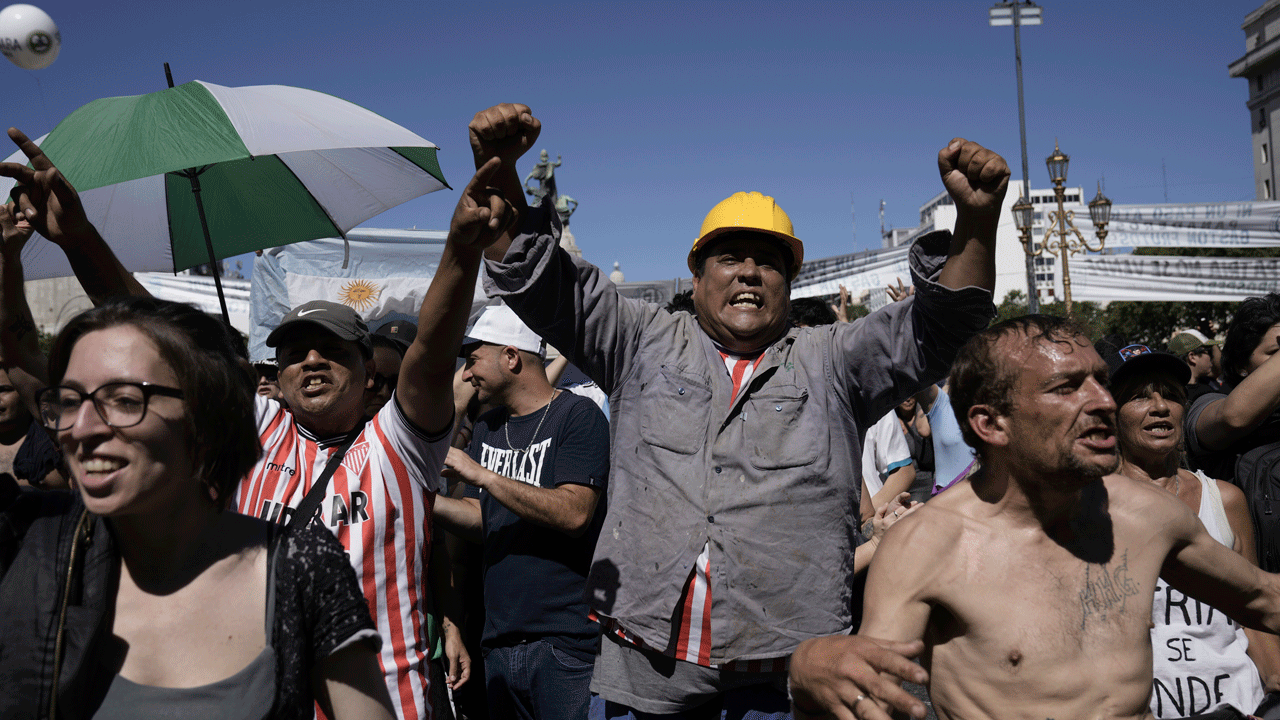Hospital care across England largely came to a standstill on Thursday as senior doctors launch another 48-hour strike amid an ongoing pay dispute between medics and the British government.
Thousands of hospital doctors say they will only provide emergency care, and the National Health Service warned patients to expect major disruption during the two-day strike.
Thursday’s action is the latest in a series of strikes staged by doctors, nurses and other clinical staff in recent months and part of a wave of disruptive industrial action by public sector workers to demand better pay amid the U.K.’s cost-of-living crisis.
LONDON JUDGE RULES BRAIN-DAMAGED PASTOR CAN BE DENIED TREATMENT NEEDED TO KEEP HIM ALIVE
Julian Hartley, chief executive of NHS Providers, said the latest walkouts are a “massive headache” for the public health service because they are timed just before the late August three-day public holiday weekend, when demand at hospital emergency departments is typically higher. That means many services will in effect be out of action for five days.
The Conservative government has insisted that talks on pay are over after it said senior doctors would receive a 6% pay rise. Health Secretary Steve Barclay said the average annual earnings for senior doctors amount to $169,500 on top of a generous pension.
The British Medical Association, the doctors’ union, slammed the increase as “insulting” and said doctors have experienced a 35% pay erosion in real terms over the past 14 years. Many doctors also say that they are compelled to take action to raise awareness of their poor work conditions.
“We would much rather be inside the hospital seeing our patients. But we cannot sit by and watch passively as we are persistently devalued, undermined and forced to watch colleagues leave – much to the detriment of the NHS and patients,” said Dr. Vishal Sharma, a union leader.
BRITISH POLICE CHARGE FORMER NIGERIAN OIL MINISTER DIEZANI ALISON-MADUEKE WITH BRIBERY
The British Medical Association said members planned to strike again on Sept. 19-20 and Oct. 2-4 if the government refused to re-enter negotiations.
Meanwhile, tens of thousands of junior doctors — or those medics in the earlier stages of their career — are continuing their pay dispute with the government. Earlier this year the government settled separate disputes with the nurses’ unions and other health workers, including ambulance drivers and paramedics.
Strike action over nine months has led to the cancellation of almost 840,000 inpatient and outpatient hospital appointments, figures showed.
In the past 18 months or so, millions of workers including train and bus drivers, airport baggage handlers and teachers across the U.K. have walked off their jobs, calling for wages that keep pace with the skyrocketing cost of living.
Inflation in the U.K. hit a four-decade high of 11.1% last October, driven by sharply rising energy and food costs, before dropping back to 7.8% in July.



